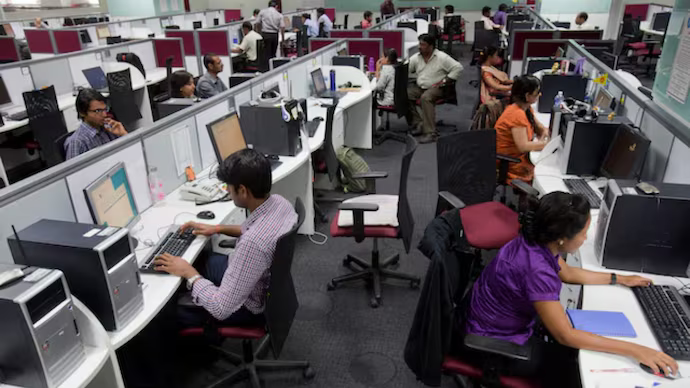The Karnataka Labour Department has drafted amendments to the Karnataka Shops and Commercial Establishments Act, 1961, and the associated Rules of 1963. If passed, the key changes would include:
- Daily working hours raised from 9 to 10 hours
- Overtime cap increased to 12 hours a day, up from 10; maximum 144 hours per quarter, instead of 50
- Weekly limit maintained at 48 hours
- Exemption for establishments with fewer than 10 workers—no annual returns required
Hailed by the state government as part of nationwide labour reforms—mirroring moves in BJP-led states like Chhattisgarh, Maharashtra, and Gujarat —these amendments are aimed at increasing “flexibility” and attracting investment.
⚖️ Legal Context & Compliance
Why now?
The Centre has asked states to revise working-time ceilings to align with a codes-based labour regime. Karnataka’s draft aligns with this push, aiming for uniform labour standards.
Is it legal?
Yes—once enacted, the amendments will legally enable employers to implement extended hours. However, it may contradict workers’ rights under ILO norms and earlier SC rulings limiting workday lengths.
🔴 Trade Union Outrage
Trade unions across Karnataka, especially KITU (Karnataka IT/ITeS Employees Union) and CITU, have vehemently opposed the changes, calling them “modern-day slavery”.
Key Concerns:
- Worker health & burnout: 12-hour shifts lead to fatigue, stress, anxiety
- Job loss: Two-shift systems could eliminate up to one-third of IT/ITES roles
- Unpaid overtime & exploitation: Legal backing could mask current exploitative arrangements
- Youth anxiety: “90% of corporate employees under 25 report anxiety”—union-sourced report
Social & Political Response:
The proposal has sparked a meme wave online, with references to “Narayana Murthy hours” after his famed comments on long workweeks.
⚙️ Government’s Defense & Intent
The Ministry insists this is a modernising step, aimed at:
- Simplifying operations for commercial and IT establishments
- Offering flexible work frameworks
- Maintaining worker rights: weekly caps and overtime pay remain unchanged
Labour Department’s stance:
- Emphasises alignment with ILO standards
- Acknowledges concerns; has initiated stakeholder consultations (including IT, hospitality, retail)
⚠️ Legal & Economic Implications
For Employees:
- Fatigue & mental health issues increase
- Disputed overtime could create legal friction if employers fail to pay
- Opportunity for public interest litigation (PIL) or labour court cases challenging worker welfare concerns

For Employers:
- Greater operational flexibility
- Potential labour disputes if overtime pay or health safeguards are neglected
Legislative Process:
- Draft is under review by stakeholders
- Final amendment requires state legislative assembly approval
- Amendments will update both the Act and its Rules
✅ Summary
- A draft amendment increases daily work from 9 to 10 hours, with 12-hour workday including overtime, and raises overtime quota to 144 hours per quarter
- Trade unions call it “modern-day slavery,” warning of burnout, job loss, and mental health issues
- Gov denies abuse, citing international alignment and need for flexibility
- The draft is still being tabled for consultation before legislative approval



